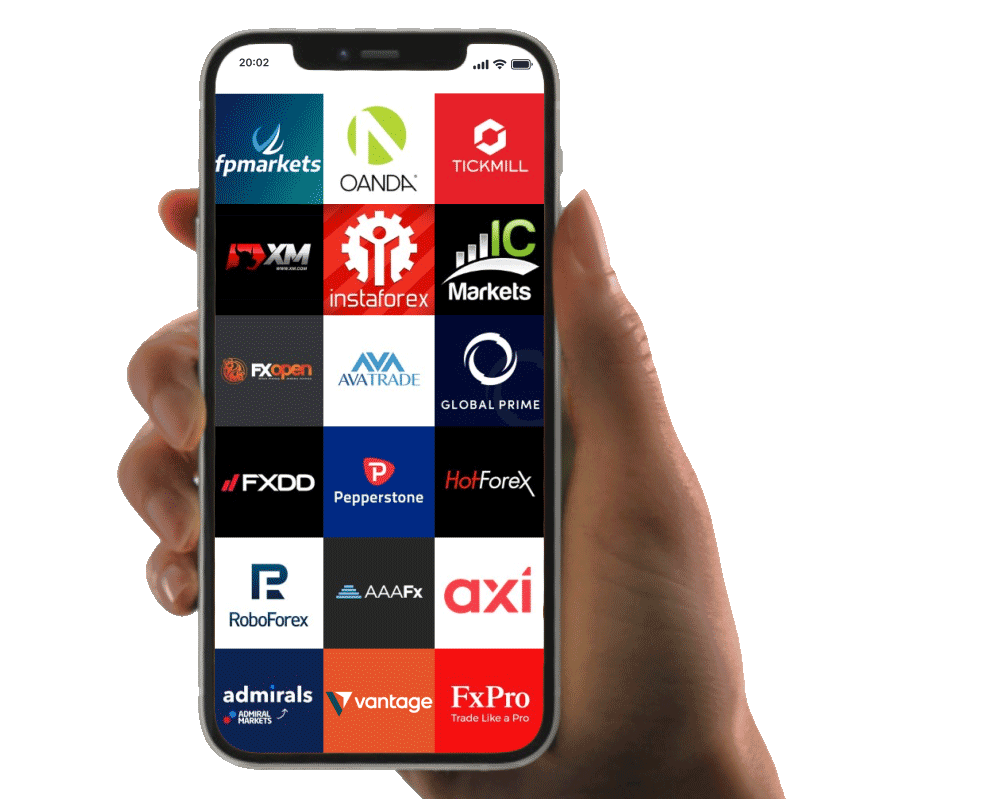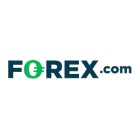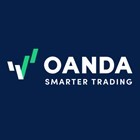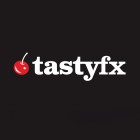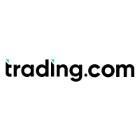تخفیفات فارکس چه هستند؟
تخفیفات فارکس بخشی از هزینه معامله است که در هر معامله به مشتری پرداخت میشود، منجر به یک اسپرد پایین و نرخ برد بیشتر میشود. برای مثال، اگر تخفیف شما ۱ pip و اسپرد ۳ pip هست، پس اسپرد خالص شما تنها ۲ pip است.
بسیاری از معاملهگران در ابتدا بر این باورند که برای جبران حتماً هزینههای بالاتری در جای دیگر وجود دارد، با این حال به زودی متوجه میشوند که هیچ گونه نیرنگی وجود ندارد و تخفیفات فارکس واقعاً هزینههای معاملات را کاهش و درآمد نهاییشان را افزایش میدهد.
بسیاری از معاملهگران در ابتدا بر این باورند که برای جبران حتماً هزینههای بالاتری در جای دیگر وجود دارد، با این حال به زودی متوجه میشوند که هیچ گونه نیرنگی وجود ندارد و تخفیفات فارکس واقعاً هزینههای معاملات را کاهش و درآمد نهاییشان را افزایش میدهد.
تخفیفات فارکس چگونه کار میکند؟
وقتی یک حساب کارگزاری نزد ما باز کنید، کارگزاری بخشی از سود ناشی از اسپرد یا کارمزد را برای هر معاملهای که صورت میدهید به عنوان پاداشی در قبال ارجاع دادن مشتری به آنها برای ما پرداخت میکند. سپس ما بخش اعظم درآمدمان را با شما شریک میشویم و در ازای هر معاملهای که انجام میدهید، یک ریبیت نقدی به نشانه قدردانی از ثبت نام نزد ما به شما پرداخت میکنیم. شرایط اسپردها و انجام معامله تغییری نمیکند، گویی شما مستقیماً نزد کارگزار حساب باز کردهاید. تنها یک تفاوت دارد: شما که مشتری ما هستید وجه نقد بیشتری در هر معامله کسب میکنید؛ بدین ترتیب انجام معامله با ما در مقایسه با باز کردن حساب مستقیم نزد کارگزار، سوددهی بیشتری برایتان خواهد داشت.
هماکنون شروع کنید
1
ثبت نام
2
کارگزاری را انتخاب کنید
3
چرا انتخاب ما؟
رتبه 1 در ارائهدهندگان ریبیت از سال 2007
قدیمیترین و پیشگامترین تامینکنندۀ ریبیتهای فارکس
استرارداد وجه آنی
استرداد وجه مستقیم به حساب کارگزاری شما و تخفیفهایی در اسپرد/کارمزد با کارگزاران منتخب.
مشتریان ما را میپسندند
99% تحلیل مثبت توسط مشتریان!
بهترین نرخها
نرخ بهتری را جای دیگر پیدا کنید تا آن را بشکنیم.
